How to Get a Job on an Oil Rig: A Step-by-Step Guide

So, you’re thinking about working on an oil rig and wondering how to get a job on an oil rig? It’s an adventurous career that offers great pay, but it’s not for the faint-hearted. Whether you’re drawn to the challenge of operating heavy machinery, repairing high-tech equipment, or just the thrill of working in unique environments, this guide will walk you through everything you need to know about getting started.
What Exactly is an Oil Rig?
Picture a massive, mechanical giant standing tall on land or floating on the ocean, working tirelessly to extract oil from deep beneath the Earth. That’s an oil rig! These complex structures are equipped with all the tools and machinery needed to drill and extract oil, whether onshore (on land) or offshore (at sea).

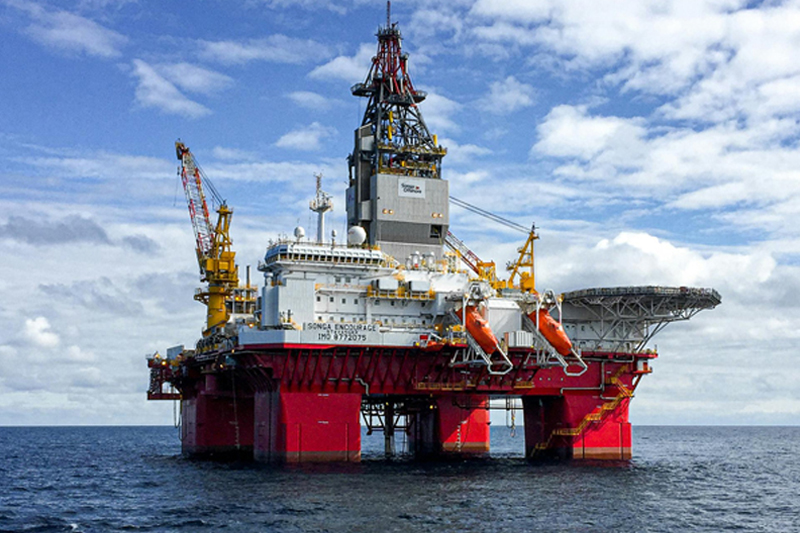
Why Work on an Oil Rig?
Working on an oil rig is not your typical 9-to-5 job. It’s intense, challenging, but incredibly rewarding. Here’s why people choose this path:
- High Pay: Oil rig jobs come with attractive salaries, especially if you’re working offshore.
- Adventure: If you love the idea of working in a dynamic environment, this is for you.
- Career Growth: There’s a clear path for advancement, with numerous opportunities to climb the ladder.
Types of Jobs You Can Find on an Oil Rig
An oil rig is like a small, self-sufficient community, with various roles keeping the operation running smoothly. Here are some key jobs:
- Driller: Operates the drilling machinery.
- Mechanic: Maintains and repairs the rig’s equipment.
- Electrician: Manages the rig’s electrical systems.
- Roustabout: An entry-level position where you’ll do a bit of everything, from maintaining equipment to cleaning.
- Welder: Joins and secures the rig’s metal structures.
- Crane Operator: Moves heavy equipment and materials around the rig.
- Rig Medic: Takes care of the crew’s health and safety.
- Cook: Feeds the crew, ensuring everyone is well-nourished during their long shifts.
Learn more about our VR integrated Diploma course in Drilling Technology
Get a FREE Career Consultation from our Experts!
How to Get a Job on an Oil Rig: Your Roadmap to Success
1. Check If You’re Eligible
Before diving into this career, ensure you meet the basic requirements:
- Age: You need to be at least 18 years old.
- Fitness: A physical fitness test is usually required.
- Flexibility: Be ready for long shifts, often 12 hours at a stretch, for weeks at a time.
2. Learn the Basics of the Oil Industry
Knowledge is power! Start by familiarizing yourself with the oil industry. This doesn’t mean you need a degree right away—begin by understanding the basics. Read up on how oil is extracted, the different types of rigs, and what each job entails. This will help you decide which role suits you best.
3. Decide on Your Path
Different roles require different skills. Want to be a mechanic? Start learning about machinery. Interested in being an electrician? Consider an apprenticeship or technical course. The earlier you decide on your path, the better you can tailor your training and education.
4. Get Some Relevant Experience
While not always necessary, having some experience can give you a leg up. For example, if you’re aiming to be a rig medic, working in healthcare beforehand can be beneficial. If you’re eyeing a position as a mechanic, consider working in a similar role onshore first.
5. Consider Apprenticeships
For technical roles like electricians or mechanics, apprenticeships are gold. They give you hands-on experience while you learn from seasoned professionals. If you’re lucky, you might find an apprenticeship directly related to oil rigs, but even if it’s in a different field, the skills will transfer.
6. Prepare Your Resume and Cover Letter
Now that you have some knowledge and experience under your belt, it’s time to get your resume ready. Highlight your skills, any relevant work experience, and your willingness to work hard in challenging conditions. Tailor your cover letter to each job application, showing that you’ve done your homework about the company and the role.
7. Start with Entry-Level Positions
Everyone has to start somewhere. Look for entry-level positions like roustabout or assistant roles. These jobs are more accessible and often come with on-the-job training. Starting onshore might be easier, as offshore positions often require additional certifications and training.
8. Think About Advanced Training
If you’re serious about making a long-term career on oil rigs, consider investing in further education or certifications. For example, the Basic Offshore Safety Induction and Emergency Training (BOSIET) certificate is crucial for anyone looking to work offshore. For technical roles, advanced degrees or specialized training can open doors to higher positions.
Why VR is Revolutionizing Oil Rig Training

At Arrow Wings Academy, we take oil rig training to the next level with our Diploma in Drilling Technology with VR Integration. Imagine stepping onto a rig, feeling the vibration of the machinery, and hearing the clamor of the crew—all from the safety of a classroom. Our VR-integrated course allows students to experience a real-life rig environment without leaving campus.
This immersive technology gives you a head start, making you comfortable with the tools, procedures, and safety protocols before you ever set foot on an actual rig. It’s the closest you can get to real-world experience without being there, ensuring you’re well-prepared and confident when the time comes to work on an actual rig.
Skills You Need to Succeed on an Oil Rig
- Physical Stamina: You’ll be on your feet a lot, and the work can be physically demanding.
- Teamwork: You’ll be part of a close-knit crew where communication and collaboration are key.
- Technical Know-How: Depending on your role, you might need specific technical skills like welding, electrical work, or mechanical repair.
- Attention to Detail: Safety is paramount on an oil rig, so being able to follow instructions and pay attention to details is crucial.
What’s Life Like on an Oil Rig?
Life on an oil rig is unlike any other job. If you’re working offshore, you’ll live on the rig for weeks at a time, often in shared accommodations. The work is demanding, with long shifts, but you’ll also have extended time off once your rotation ends. It’s a unique lifestyle that comes with its own set of challenges and rewards.
Onshore rigs might allow you to live nearby or commute, but the work environment is still tough. Safety is always the top priority, and every crew member plays a role in maintaining a secure and efficient operation.
Why Arrow Wings Academy is Your Best Bet
At Arrow Wings Academy, we’ve helped over 100 students secure jobs on oil rigs around the world. Our Diploma in Drilling Technology is not just another course—it’s a launchpad to a high-paying, adventurous career. With the integration of VR technology, our students gain hands-on experience that sets them apart in the industry. We are the number one institution in Kerala to kickstart your career in oil rigging.
Conclusion
Getting a job on an oil rig isn’t just about meeting the minimum requirements—it’s about dedication, hard work, and a willingness to learn. Whether you’re starting from scratch or looking to shift careers, the oil industry offers numerous opportunities for those ready to take on the challenge. And with the right training and support, like what we offer at Arrow Wings Academy, you can be well on your way to a rewarding career on an oil rig.
Check our You tube Channel for informative videos about Oil and Gas Jobs : https://www.youtube.com/@arrowwingsacademy
Need support in starting an Oil Rig career?
Get a FREE Career Consultation from our Experts!

Explore Our Other Informative Posts

കേരളാ നിയമസഭാ Reporter TV leadership award സ്വന്തമാക്കി Arrow Wings Academy.
- 1 min read

Logistics vs Supply Chain: What’s the Difference?
- 2 min read

Benefits of a 6-Month Diploma in Virtual Reality (VR) Integrated...
- 2 min read

What Is Hospital Administration?
- 2 min read

VIZHINJAM PORT – NEW OPPORTUNITIES IN THE LOGISTICS SECTOR
- 1 min read
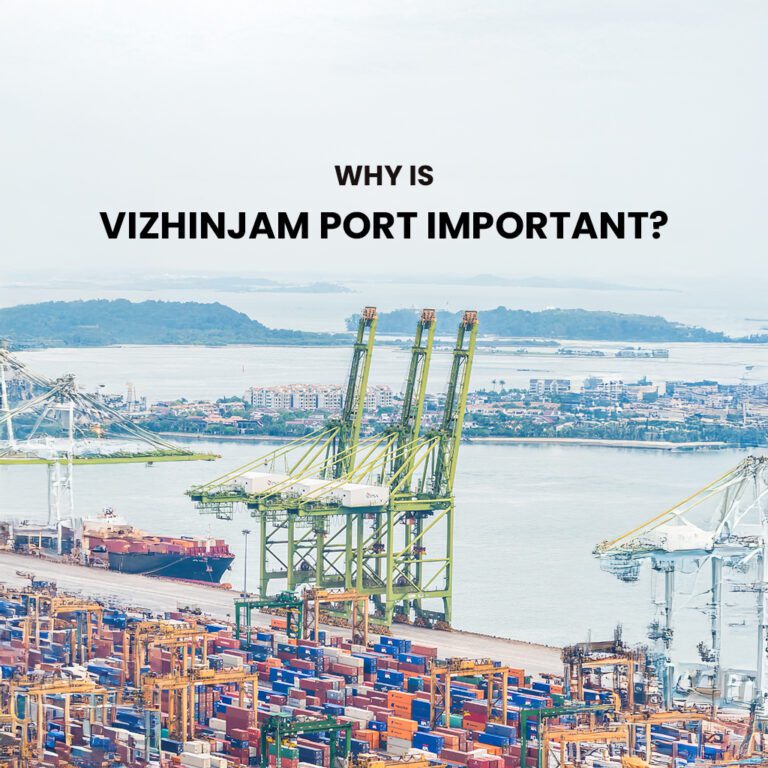
Why is Vizhinjam port Important?
- 1 min read

Why Choose Arrow wings Academy for oil & gas Drilling...
- 2 min read
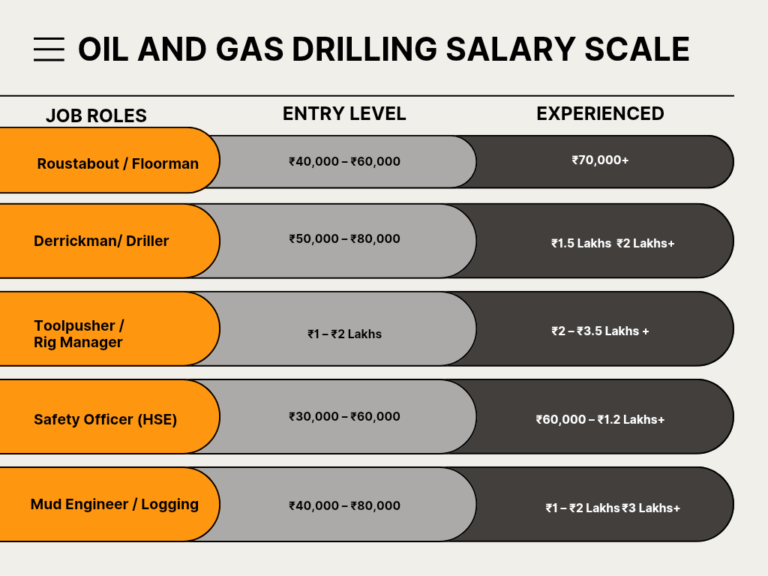
Salary Scale in oil and gas drilling industry?
- 1 min read

Oil & Gas Drilling – Build a Global Career in...
- 2 min read

FUTURE OF THE OIL & GAS INDUSTRY IN INDIA?
- 4 min read

Is This rig job Risky?
- 3 min read
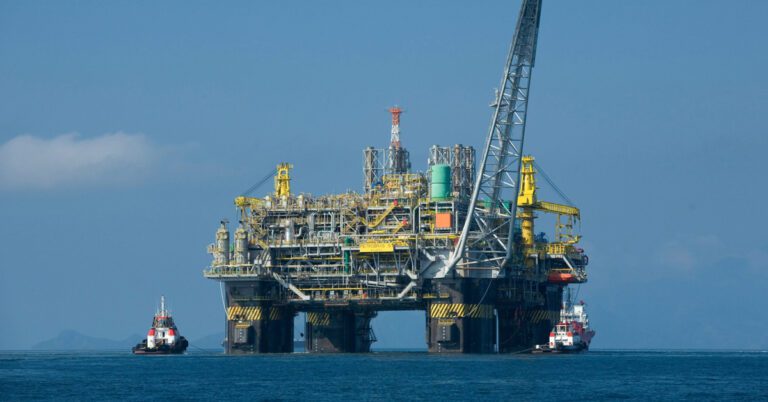
How to Get a Job on an Oil Rig: A...
- 9 min read

Best Courses in Kerala: A Guide to Quick Job Placement
- 7 min read

Career in Healthcare
- 8 min read

Importance of the Oil and Gas Industry
- 7 min read

Logistics and Its Scope in India and Abroad
- 7 min read

A career In Oil and Gas Industry
- 8 min read
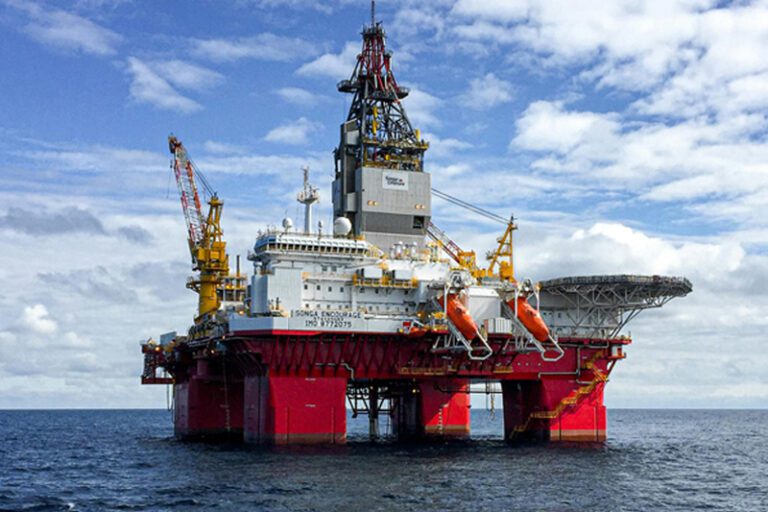
What is an oil rig and how does it work?
- 8 min read
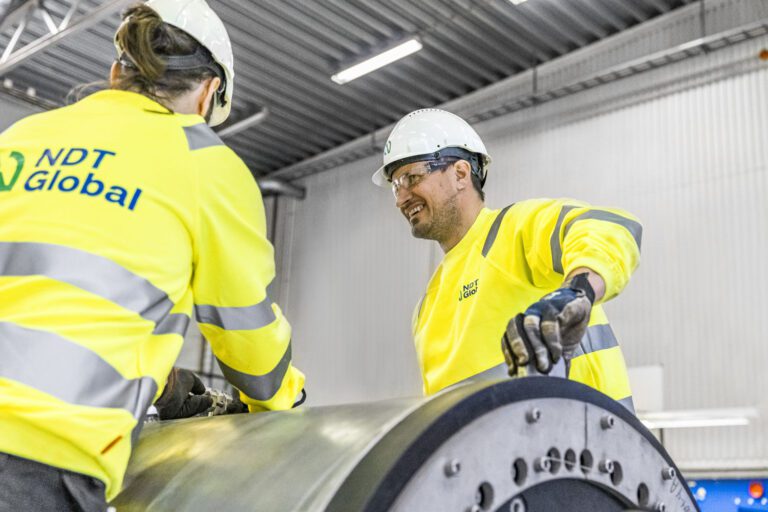
What is NDT
- 8 min read

SCOPE OF MEP IN GULF COUNTRIES
- 3 min read

What is MEP Engineering?
- 3 min read

What are Qa and Qc Engineer
- 4 min read

What is Logistics and supply chain management
- 7 min read
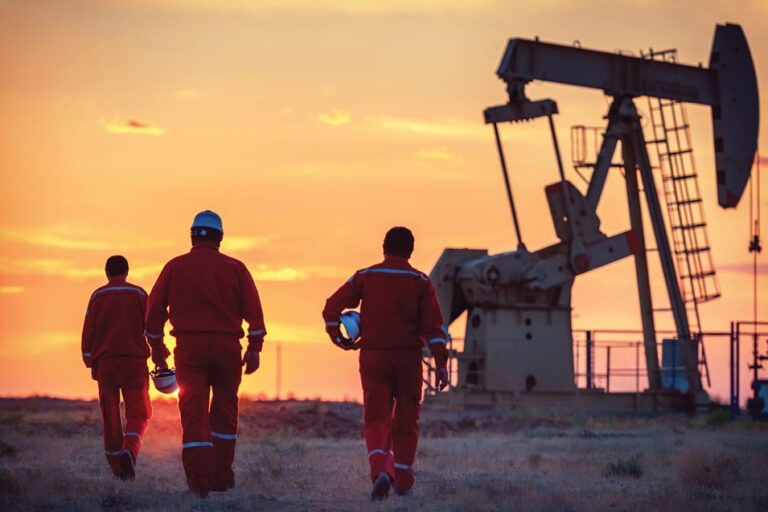
IMPORTANCE OF THE OIL AND GAS INDUSTRY
- 4 min read